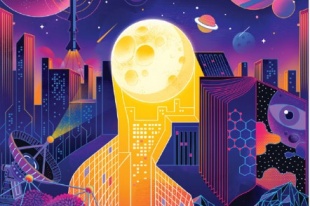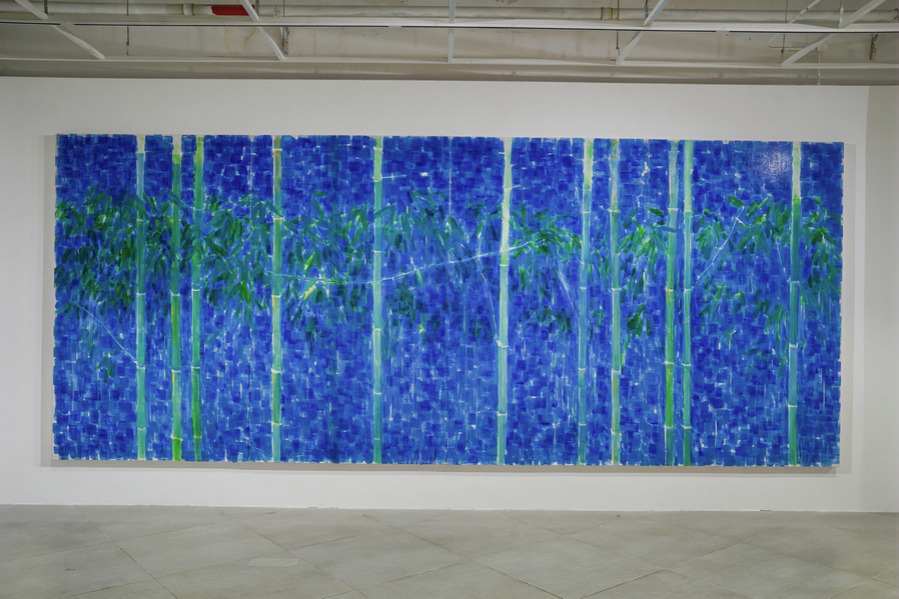The force behind an ascending star


To underscore the point, at the subsequent World Science Fiction Awards in Kansas City, Missouri, almost exactly a year later Hao Jingfang won the Hugo for best novelette for her story Folding Beijing, which Liu also translated.
Those award successes set alight the imaginations of Chinese readers and have transformed science fiction into a star not only of book publishing but of films, video games and amusement parks as well.
A big-screen movie based on The Three Body Problem is being made at the moment, and the 800-hectare, 10 billion yuan ($1.52 billion) Oriental Sci-Fi Valley theme park is due to open soon in Guiyang, Guizhou province. In the park there is a heavy emphasis on virtual reality that ties in with Guiyang's large big data industry.
Last month the Sichuan Association for Science and Technology announced plans to build a 12 billion yuan China Science Fiction City in Chengdu aimed at showcasing and developing China's cultural industry.
It is not as though Chinese science fiction is exactly new, having its roots in the early 1900s, so why has it taken the best part of a century for the genre to begin to show anything like its best potential, and what does it say about the country?





































